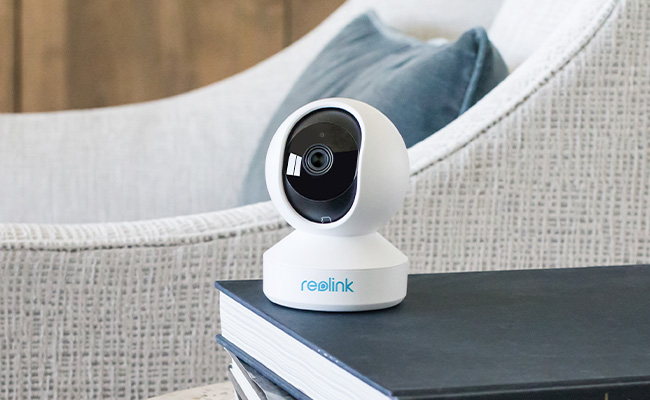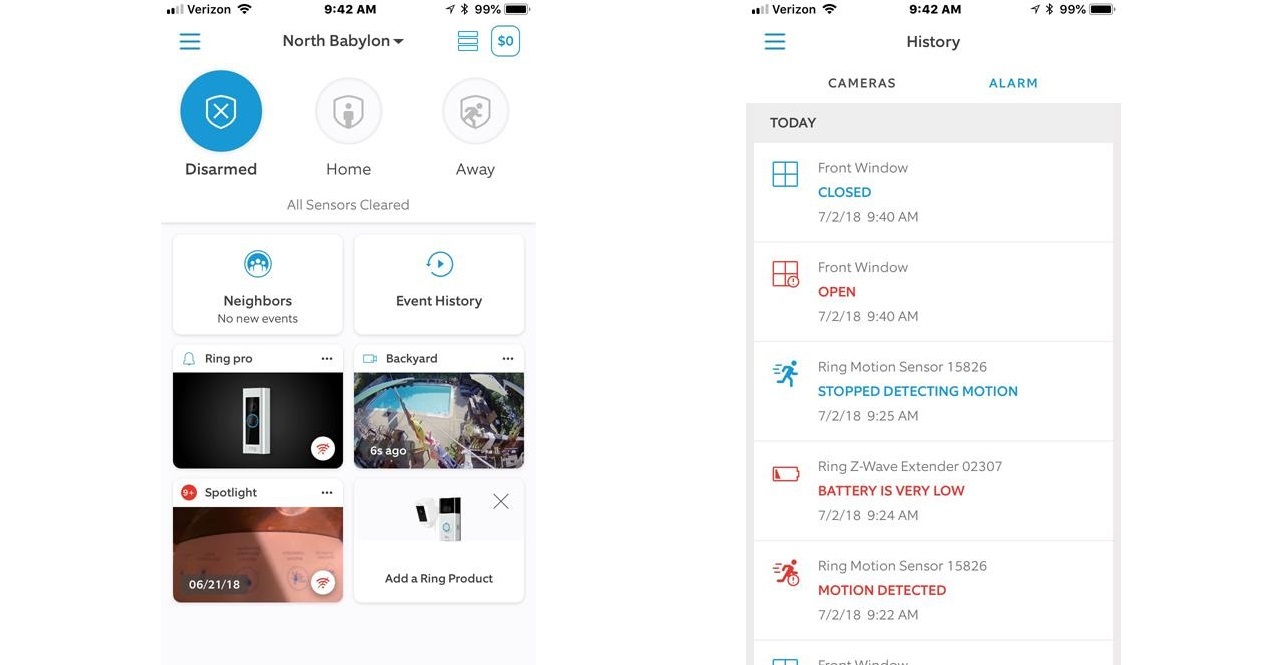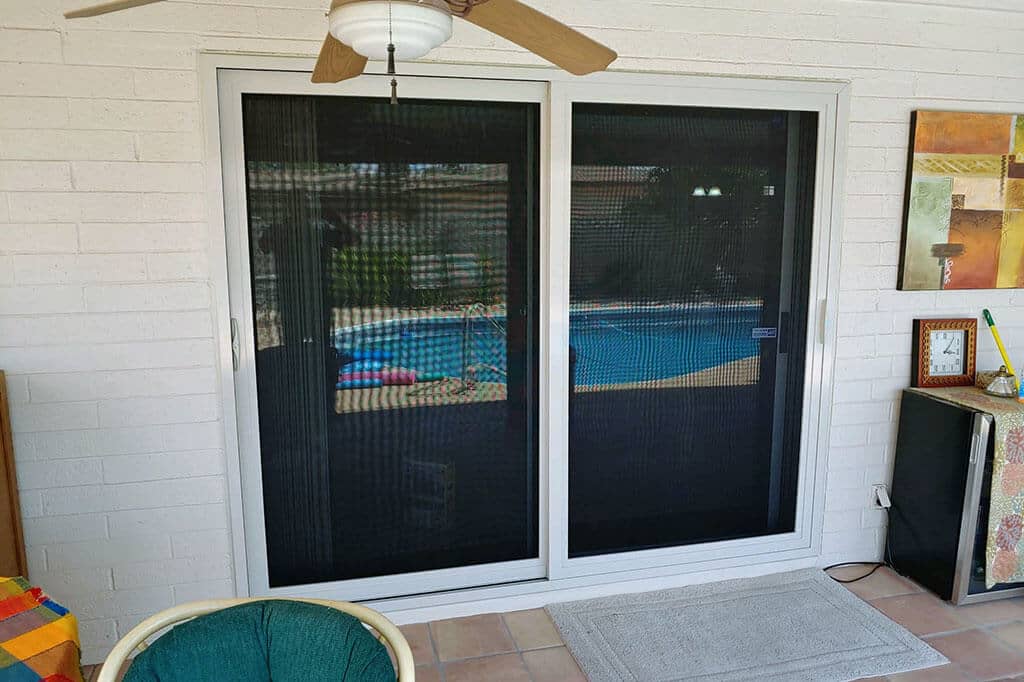
Wireless security systems have many advantages over traditional wired systems. Wireless security systems are easier to use. Instead of having a complicated keypad with alphanumeric characters, they come with colorful touchscreen displays. It is easier to upgrade to a wireless system than a hardwired one, and you can easily transfer all your devices to the new system. You simply need to connect your old hardwired devices with a wireless panel by using a wired-to-wire converter.
Wireless home security systems are not for everyone
Wireless home security systems are not without their limitations. They are also susceptible to interference or failure. These problems can be caused by many factors, such as walls, power lines and microwave ovens. These issues can also be affected due to weather conditions or malfunctioning sensors. This can cause false alarms and make you and your home vulnerable.

The limited range of wireless home security systems is another disadvantage. Wireless home security systems have a limited range, only a few hundred yards in open air. This is not sufficient for larger homes. Many wireless systems run on batteries, so they will not work if the batteries go dead. This means that homeowners may forget to check their batteries from time to time. Another disadvantage is that wireless home security systems are only effective if they're installed near the central control unit.
Wireless home security systems are customizable. Some wireless systems allow for remote management using a smartphone app. Others require a technician to visit your property.
Cost of wired security systems for your home
If you are looking to install a home security system for your home, you should know that wired systems typically cost more than wireless ones. A wired system uses electricity to power sensors and opens doors. There may be a monthly fee and additional costs beyond the upfront costs. Also, wired systems require a professional installer. Free consultations are offered by some companies to help you determine the type of system that is best for you and your budget.

Prices for wired home alarm systems can vary depending on how large the system is and what monitoring service it uses. If monitoring is included, there are many companies that offer discounts on installation. A security technician usually completes the installation, although general contractors and electricians can also do it. Wired systems are more labor intensive and more costly per hour. They also may require more care.
FAQ
What should I pay for alarm monitoring
Alarm monitoring costs vary depending on how often you want it monitored, what kind of equipment you need, and whether you are looking at an all-inclusive package or just one monthly fee.
How much does a good home security system cost?
A good home security system costs about $2,500. Although it may seem expensive, the benefits of a secure and safe home are worth every penny.
What is the distinction between surveillance cameras and security cameras?
Surveillance cameras serve monitoring purposes, security cameras are used as protection.
Both cameras have their pros and cons. There is one major difference between the two types of cameras: the type of images that they capture. Surveillance cameras record video at slow speed, so you can see what's going on in real-time. Security cameras however, record video but not still photos. These images can be viewed later.
Who is the best home security surveillance company?
ADT is the best home security company. They provide 24/7 monitoring at an affordable cost. The customer support team is available 24/7 and can resolve any issue within minutes.
ADT offers an app that can be used on both Android or iOS. This allows you to check your home anywhere and anytime.
What security system should I choose?
How valuable your home and personal belongings are will dictate the type of security system you choose. You have two options. One is to go with a basic system which offers minimal protection but is affordable. You can choose to get a more powerful alarm system with better features such as remote monitoring, access control, and video surveillance.
Statistics
- Related questionsHome security systems that are 100% DIY (safewise.com)
- Cove sets you free without punishing penalties and fees, unlike other security solutions that charge 75% to 100% of your remaining contract. (safewise.com)
- That's probably why Cove has a whopping 98%* customer retention rate. (safewise.com)
- Unlike other online safety services that charge up to 100 percent of your monthly fee, Cove charges no upfront fees and has no hidden costs.
External Links
How To
How to test a home alarm system
How to test an Home Security System
Your alarm monitoring program must be installed on your computer as a first step. Download the most recent version from the manufacturer's site. The next thing you want to do is to set up your phone number so that when someone calls the monitoring center they get routed directly to your line. If you don't know what to do, contact your local provider for help. After everything is set up correctly, it's time to begin testing.
There are two main ways to test your system. The first way is to use a dummy device. This is basically a fake device which looks exactly like a real device. It doesn't function as well as the real device. It works just like the real deal if it worked properly. There are downsides to using a dummy gadget. First, it won't tell you anything about the actual functionality of your system. A second concern is that it could look suspicious to those who just happen to be looking at it. Third, it might be stolen and cause trouble.
The second option is to test the system manually. You'll need to test every aspect of the system, and ensure it works correctly. Check to make sure that motion sensors, cameras, door locks, and other devices are working correctly. You should test each of these items at least once a week. After you've tested everything thoroughly, you can feel confident that your system is working well.